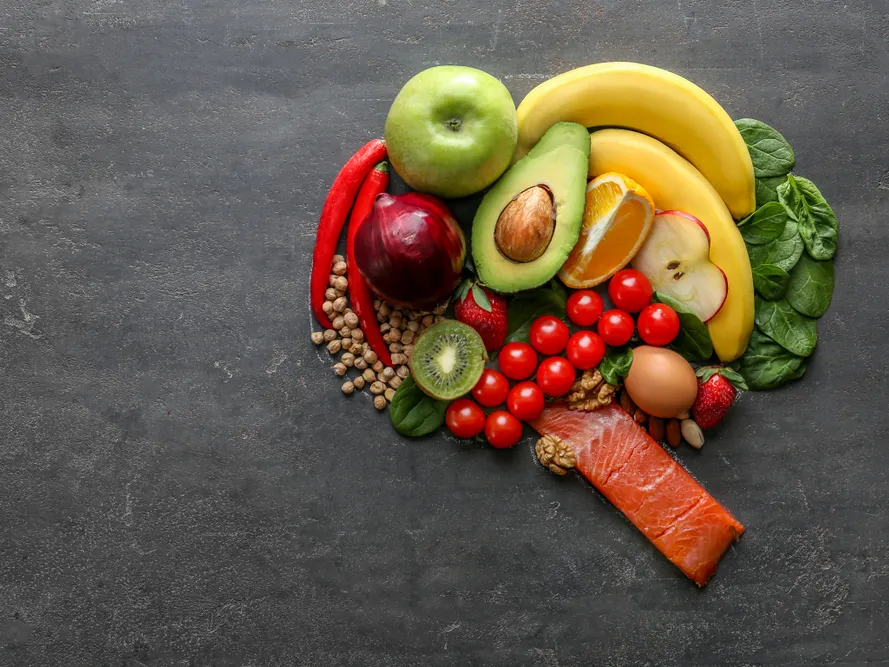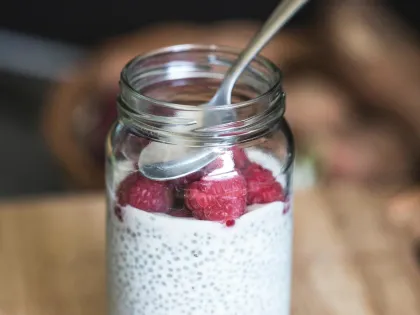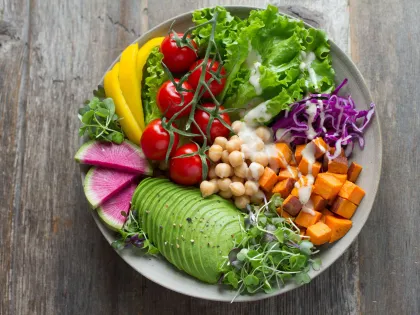Do you want to think more clearly, improve your memory and protect your brain function?
Try including foods that are good sources of:
- Flavonoids, compounds found in many fruits and vegetables
- Isoflavones found in soy products
- Nitrates abundant in beetroot and green leafy veggies
- Foods high in B-group vitamins, including salmon, chicken, liver, green leafy vegetables, eggs and fortified breads and cereals
The brain also needs enough fuel to function, and sustained energy throughout the day to avoid that feeling of your batteries running low. Rather than choosing foods that are high in refined carbohydrates, like highly processed snacks, take-aways, and sugar-sweetened drinks, include carbohydrates that are based on wholegrains, and lower GI.
The good news is that the same foods that are high in vitamins, minerals and flavonoids also have an important impact on your mood, and may help reduce the symptoms of depression, and preserve brain health as you age.
Foods that may support you with sharper thinking include:
- Beetroot
- Blueberries
- Grapes
- Rolled oats
- Salmon
- Strawberries
- Tofu
You can read about the link between these foods and sharper thinking here:
Sharper Thinking | No Money No Time
Read about the healthy eating tips that we suggest to promote mental clarity, and support your mental health here.
For more information about food and mental health, you can also download our Mood Foods cookbook for recipe inspiration.













